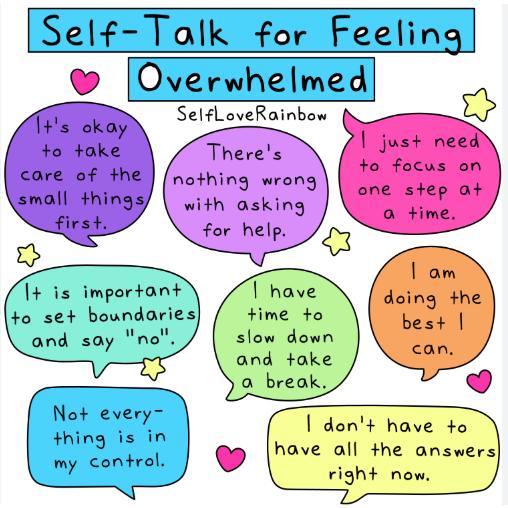Whether you’re a student, professional, or lifelong learner, you’ve likely encountered subjects so packed with information that they feel impossible to digest. From textbooks and technical documentation to scientific papers and historical records, complex content can be daunting. But with the right strategies, tackling dense material can become more manageable and even enjoyable.
1. Understand the Big Picture First
Before diving into the details, get a sense of the overall topic. Skim through headings, subheadings, or a summary to get a basic understanding of what you’re about to learn. Visual aids like explainer videos or quick infographics can also help you grasp the main idea. This broad understanding will give you a mental framework, making the finer details easier to connect later.
2. Break the Topic into Smaller Parts
Instead of trying to absorb everything at once, divide the topic into smaller sections. This way, you can focus on one concept at a time. Set small, achievable goals, such as reading a single page or understanding one key idea per session. Breaking it down into bite-sized chunks helps reduce overwhelm and allows you to make steady progress.
3. Use Visuals to Enhance Understanding
When words alone aren’t enough, turn to visuals. Mind maps, charts, timelines, and flowcharts can simplify complicated concepts. If the material doesn’t come with visuals, create your own to visualize connections between ideas or to track processes. Drawing or doodling what you understand can make it easier to recall later.
4. Relate New Information to Familiar Concepts
If a topic feels too abstract, try connecting it to something you already know. For example, think of networking data packets like envelopes being mailed between two addresses or visualize a cell as a city, with each organelle acting as a part of the infrastructure. Using analogies makes complex information feel more accessible and relatable.
5. Teach What You Learn
One of the best ways to truly understand something is to explain it in your own words. Share the concept with a friend, family member, or colleague. Alternatively, write a blog post, record a video, or create a social media post. Teaching forces you to simplify and clarify your understanding of the material.
6. Focus on Active Learning
Passive reading, such as simply highlighting text, doesn’t always lead to long-term understanding. Instead, engage actively with the material. Ask questions while reading, quiz yourself, and summarize what you’ve learned without looking at your notes. This active engagement strengthens your memory and helps you retain key concepts.
7. Space Out Your Learning Sessions
Avoid cramming information all at once. It’s more effective to study in short, focused bursts with breaks in between. This approach, known as the Pomodoro technique, improves retention and prevents burnout. Spacing out your learning sessions over time allows you to gradually absorb and reinforce the material.
8. Stay Organized
Clutter can make learning harder. Keep your notes, digital documents, and materials organized. Use tools like digital notebooks, folders, or note-taking apps to categorize information. If questions arise while studying, jot them down in a separate list so you can research them later without losing focus.
9. Be Patient with Yourself
Learning complex subjects takes time and effort. Be kind to yourself, and don’t expect instant mastery. Celebrate small victories along the way, like understanding a difficult concept or finishing a chapter. Don’t compare your progress to others; everyone learns at their own pace.
10. Make Learning Enjoyable
The more enjoyable the learning process, the easier it is to stay motivated. Try incorporating fun study tools, like educational apps or gamified learning platforms. Engage with others in study groups, discussion forums, or social media communities to share insights and experiences. You can even listen to podcasts or audiobooks related to the subject during downtime.
Final Thoughts
Dealing with information-dense subjects doesn’t require a genius-level mind. It’s about applying the right techniques, breaking things down into manageable pieces, and maintaining a positive mindset. By using strategies like active learning, visual aids, and teaching others, you can make even the most complex topics approachable. Stay patient with yourself, and soon you’ll find that learning challenging material can be a rewarding experience.


